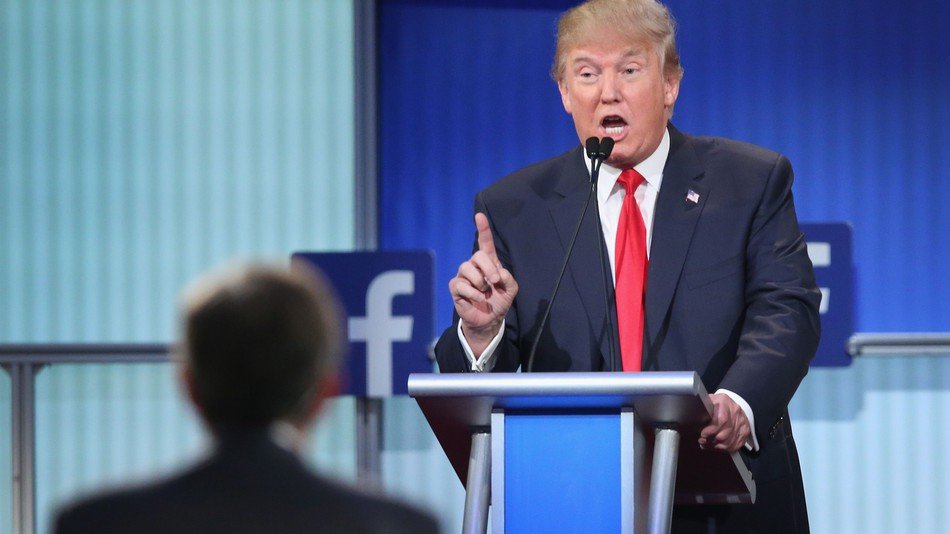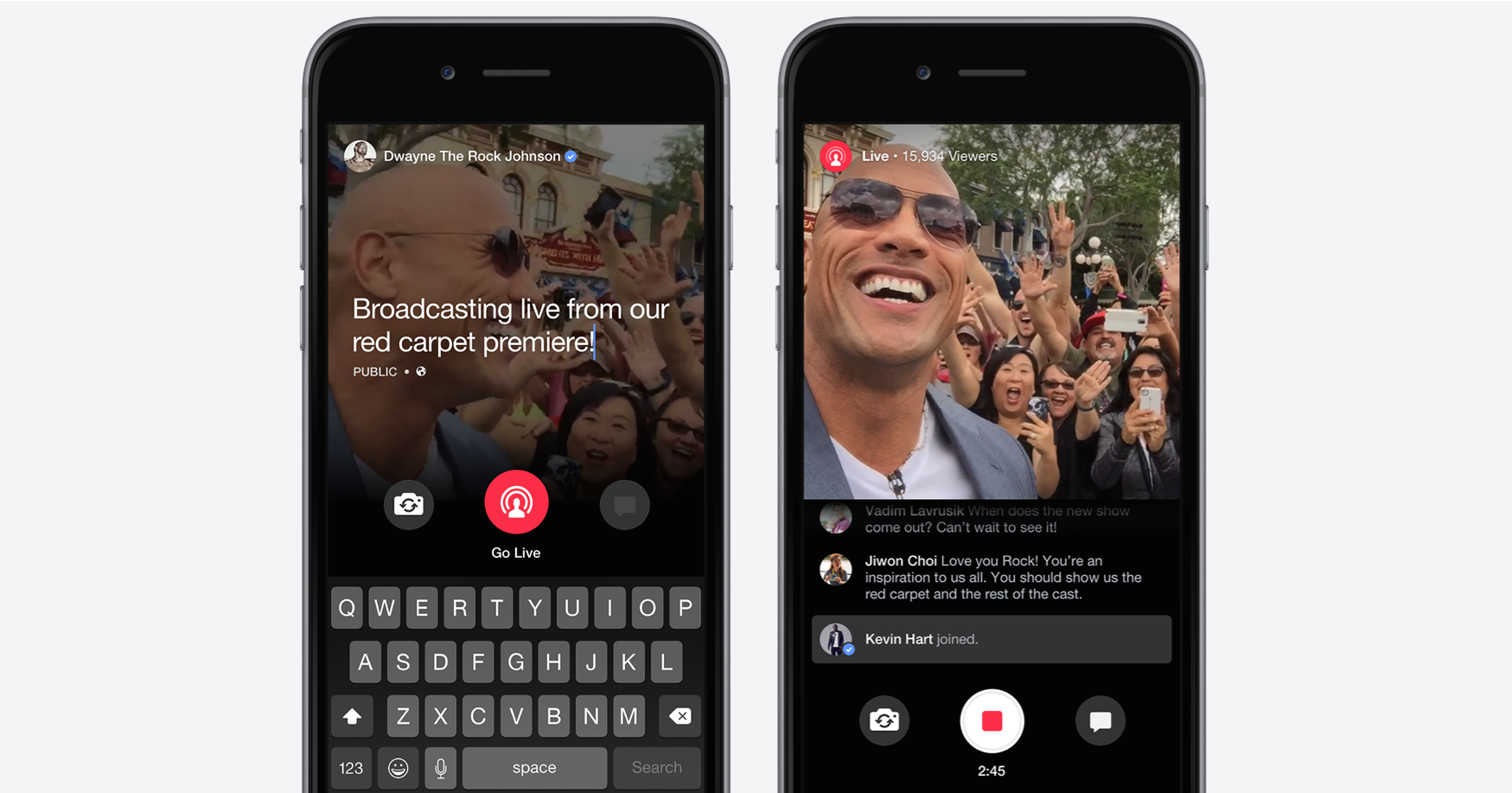Mark Zuckerberg is pretty determined to make 2018 the best year of his personal and professional life. The Facebook CEO has been continuously making new year resolutions since 2009 when the social networking site’s profits took a hit in the midst of the financial crisis. Since then, Zuckerberg has vowed to use each year as an opportunity to look beyond his world of social media and broaden his perspective.
This year is no different and the young CEO just announced his resolutions for 2018 – only this time, his goals are more focused on fixing his social media platform than working on personal challenges.
Bringing Facebook Back to its Original Roots
It’s about time that Facebook does something to address users’ concerns about the accuracy of the news posts that go viral on the social networking site and to protect the Facebook community from security threats. Mark Zuckerberg opened up in the latest post on his Facebook page saying that he and the team acknowledge the anxiousness people feel towards the changing dynamics of the social media platform and how it could affect users’ well-being.
He said that there is a lot of work to be done in order to fix Facebook and make it a safer, healthier platform for all. Zuckerberg vowed to consider the challenges the world of social media faces as his own personal challenges this year and focus all his energy in bringing Facebook back to its original roots.
Tangled in Controversies
2017 was a shaky year for Facebook and its executives as the company found itself tangled in a string of controversies over its policies.
Zuckerberg has repeatedly declared that he has nothing but good intentions for the social media community in his heart, and Facebook would never be used against the best interest of the people who use the platform. But despite his assurances, Facebook has been losing trust among users.
Russian Interference in Presidential Elections

Facebook discovered that more than $100,000 in ad revenue were linked to several fake accounts and phony pages being operated from Russia.
One of the biggest controversies of last year was when Facebook discovered that more than $100,000 in ad revenue were linked to several fake accounts and phony pages being operated from Russia. Most of these advertisements were posted during the presidential election campaign, making it evident that Russia had played a role in influencing voters’ decisions through social media.
The news caused an uproar among politicians and international community alike. Al Franken, former senator in Minnesota, expressed his shock over Facebook’s negligence, saying that when the biggest social media platform in the world cannot make the connection that thousands of electoral advertisements which were paid in rubles could only be coming out of Russia, how can the online world be trusted anymore?
Facebook Accused of Controlling Users’ Behavior
Facebook’s abuse of power in determining what content shows up on users’ news feed has also been a subject of controversy. In the recent years, investigations have unveiled Facebook’s efforts in suppressing conservative news from its sidebar in order to influence users’ thoughts and decisions.
This behind-the-scenes manipulation of content has been seen as an ethical violation by several media ethicists. Kelly McBride, The Poynter Institute’s vice president said that she wasn’t surprised to hear the news, since manipulation of ideas on social media is a dated concept, but at least those who previously believed that Facebook was somehow a more democratic social media platform in terms of news distribution, now know better.
Issues with Facebook Live

Facebook Live, a live video streaming tool, has been used several times by different people to specifically broadcast malicious acts
Facebook Live, a live video streaming tool featured on the platform, has also been used by certain actors to broadcast malicious acts, a serious problem faced by several livestreaming platforms. One of the most gruesome examples of how Facebook’s livestreaming service has been grossly misused is when a man in Thailand filmed himself taking the life of his 11-month-old child before committing suicide.
Facebook has now decided to hire more workers to prevent such horrific incidents from occurring again. The Chief Operating Officer Sheryl Sandberg says that the company is also making efforts to reduce the spread of fake news and features, focusing the newsfeed more on users’ personal connections in order to foster healthier communication.










